Even children experience anger as a natural behavior. Nevertheless, when not controlled, it can be problematic for the child’s emotional health and his/her social life or academic performance.
anger management activities for kids can help in better emotional management. Parents and teachers have a vital part to play in steering young people towards better ways of expressing themselves and handling their feelings.
This complete guide looks at why it is essential to work on anger management for kids and how to assist children who are dealing with anger.
The purpose of this article is to offer insights into how children can manage their emotions more constructively and productively through anger management activities for kids.
10 Effective Anger Management Activities For Kids
Teaching a child with anger issues to manage their anger is a skill that will serve them well for the rest of their lives.
No matter how frustrated, upset, or overwhelmed they get, having a healthy way to deal with their emotions is crucial.
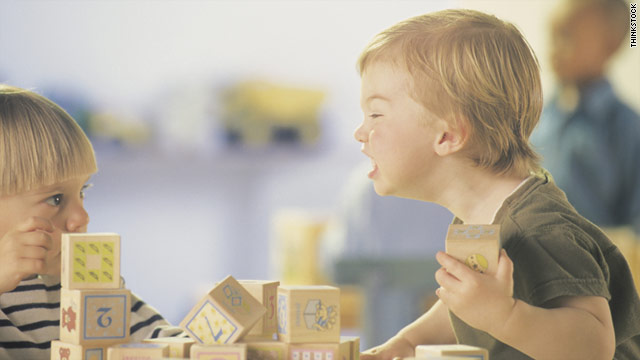
Here are 10 anger management activities for kids:
1. Breathing exercises:
Let the kids breathe easy by instructing them on simple breathing techniques such as belly breaths or inhale 4 times and exhale 4 times.
Guide them in deep breaths so that they can become proficient in it and also use it alone whenever there is a need for them to have calmness through self-regulation of their emotions during difficult moments.
2. Count to ten:
Whenever children are angry, tell them to count from one to ten slowly mentally.
Anger management for kids gives them a brief moment to think about what has transpired and take charge of their personal feelings before responding rationally instead of impulsively without any thought.
3. Design a calm corner:
Ensure your house has a quiet place where children can retreat during time outs, especially during tantrums.
Fill it with soft pillows, blankets, or stuffed animals that’ll provide comfort, as well as calming activities like coloring books, puzzles or sensory toys that’ll help take their mind off things.
4. Art therapy:
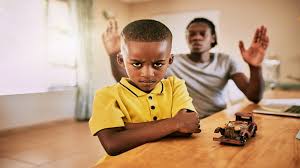
According to several studies, art therapy for children is one of the most effective anger management activities for children.
Art therapy provides an outlet for nonverbal expression of emotion which makes it highly effective for anger management for kids who may have difficulties expressing themselves verbally.
Provide crayons, markers, paints, and paper for free drawing time that doesn’t have any rules attached (because painting outside of the lines doesn’t matter).
Read More: 7 Amazing Ways Art Therapy For Children Can Help Improve Mental Health
5. Play games:
Children can participate in collaborative anger management activities for kids such as building a tower with blocks or board games requiring teamwork. They also learn how to show patience, empathy, and self-control by taking turns and solving problems together.
6. Positive affirmations:
When students feel activated let them have positive affirmations they can say to themselves like “I am relaxed and under control”, “I know what I am doing” or “I choose not to be angry.”
These words can be heard by the person saying them or can be kept quiet and whispered when one feels down.
7. Role-playing
Sometimes, children have problems with realizing that their actions may hurt others. Role-playing is among the best anger management activities for kids.
To do this, walk them through situations that represent common triggers for anger or frustration to help them develop empathy, practice good communication skills, and understand why it’s important to find solutions together.
8. Journaling
Encouraging children to keep a journal is one way of anger management for kids. Give them a notebook or diary and just let them write or draw anything that comes into their mind. In other words, it can help free up creative potential in children.
Journaling entails allowing kids to reflect on how they are feeling, what they are thinking about, and the experiences that they go through in life privately.
Putting their feelings down on paper can provide clarity into what is happening within themselves.
This realization helps kids deal with anger by showing them healthier options.
9. Physical Activity
Among other activities recommended for anger management for kids are physical exercises.
Moreover, anger management activities for kids provide another good outlet for all that pent-up energy due to anger.
Tell your child to get involved in any energetic movements like running, skipping jumping jacks dancing etcetera that will pump blood to the heart organ at a faster pace.
Physical activity has been proven to lower stress levels and reduce anxiety while increasing happiness.
Moreover, it serves as an opportunity for children to release some aggression productively rather than taking it out on them or their siblings.
10. Practice Mindfulness
Teaching mindfulness techniques can help kids stay calm and present whenever angry emotions start rising within them.
Deep breathing exercises, body scans or sensory awareness games are some of the practices you might want your child to try out when teaching mindfulness techniques among other things.
Inculcate mindfulness throughout a child’s day either formally or informally so that one day, these little tricks will be a way in which our children can control their own feelings and react wisely under tough circumstances.
By taking part in these anger management activities for kids, you are giving them useful skills in anger management.
Read More: 10 Indoor Rainy Day Activities For Kids That Are Exciting and Fun!
How To Help A Child With Anger Issues
Helping a child with anger issues involves a combination of understanding, support, and teaching appropriate coping mechanisms.

Anger management activities for kids may help but there are other things you can do as well!
Here’s a guide on how to help a child with anger issues:
1. Stay Composed:
When the child is angry, you should not get nasty. Let your feelings be controlled in a rational way. Do not let yourself worsen the situation.
2. Affirm Their Feelings:
They can know that it’s fine to be angry; they can tell them when showing their emotions. Show them how they feel and let their feelings out in a healthy manner.
3. Teach Coping Mechanisms:
Teach deep breathing exercises, counting up to ten or taking a moment to regain self-control away from the situation to the child. Practice these techniques together regularly
4. Encourage Communication:
Develop an environment without judgment where they can comfortably speak about what is on their mind. Make them understand that it is safe for them to say something.
5. Set Clear Expectations:
Ensure that the kid understands what is required of him by setting limits and having positive consequences for good behavior and negative consequences for bad behavior.
6. Suggest Alternatives:
Involve them in activities or hobbies such as sports, music or art that help dissipate anger away
7. Come Up With A Plan:
Assist them through their rage by thinking together of ways of coping with and managing triggers.
8. Professional help:
When nothing seems to work seek out professional assistance from someone who specializes in children if you think it has become serious enough
9. Be Patient and Understanding:
Remember, it takes time to get over anger so be patient and offer support as best as you can.
10. Praise the Child’s Progress:
Lastly, acknowledge any effort made when trying to deal with issues related to temper management since this will foster growth over time.
So doing this and taking part in anger management activities for kids will enable a child with anger issues to learn how to manage his emotions well and constructively through life.
Read More: How Your Body Responds To Anger and 4 Tips To Diffuse It
Final Takeaways
When helping children with anger issues, one has to be patient, and understanding, and create a supportive environment for them.
By implementing these anger management activities for kids and giving continued support, caretakers can enable children to gain the skills they require to manage their feelings effectively.
These kids’ anger control activities are not just for your kids you will also take part in them and even help you deal with your emotions.
Remembering to be a role model, affirming their emotions, and providing alternative avenues for release may curb their ire.
Furthermore, whenever appropriate seek professional help. Children can learn how to deal with their emotions better over time thus leading healthier lives filled with more balance and happiness.
Frequently Asked Questions (FAQs)
1. Why is anger management important for kids?
Anger management is crucial for kids because it helps them regulate their emotions, build healthy relationships, and succeed academically and socially. Children who can’t handle their anger are more likely to experience emotional, social, and academic issues.
2. What are some anger management activities for kids?
Anger management activities for kids include deep breathing exercises, counting to ten, creating a calm corner, art therapy, playing games, positive affirmations, role-playing, journaling, physical activity, and practicing mindfulness.
3. How to help a child with anger issues?
Helping a child with anger issues involves staying calm, validating their feelings, teaching coping skills, encouraging communication, setting clear expectations, offering alternatives, coming up with a plan, seeking professional help if needed, being patient and understanding, and praising their progress.
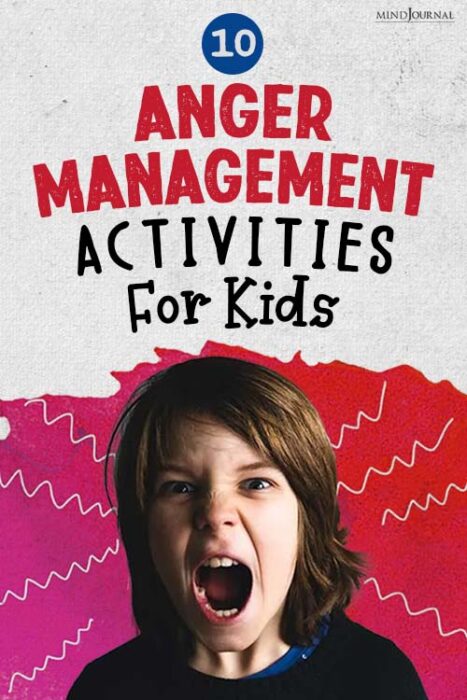
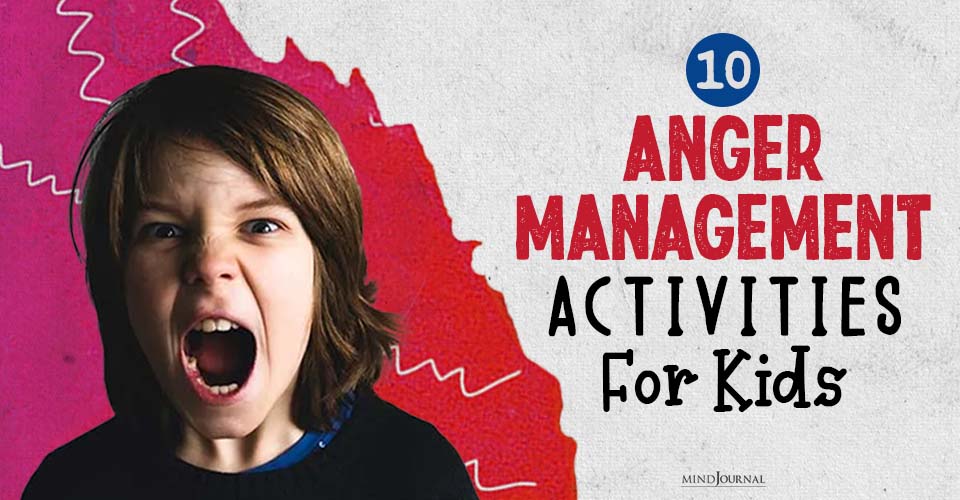


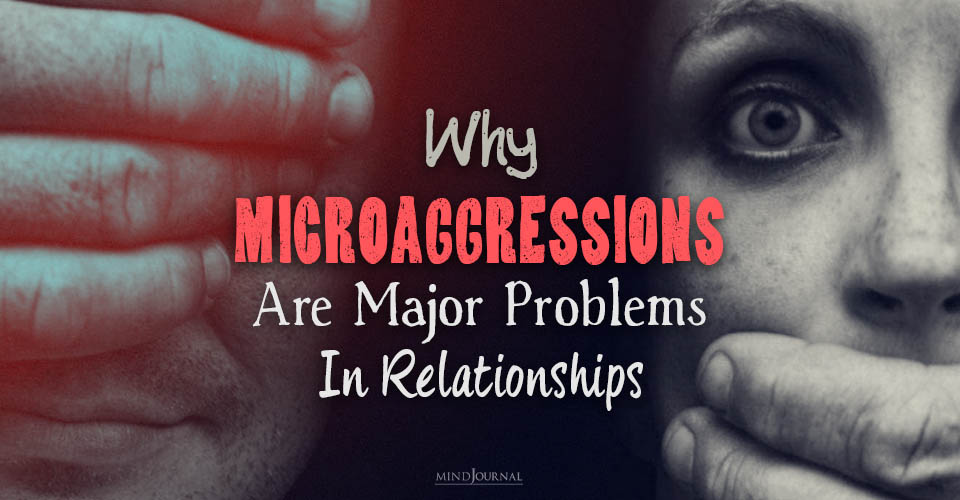

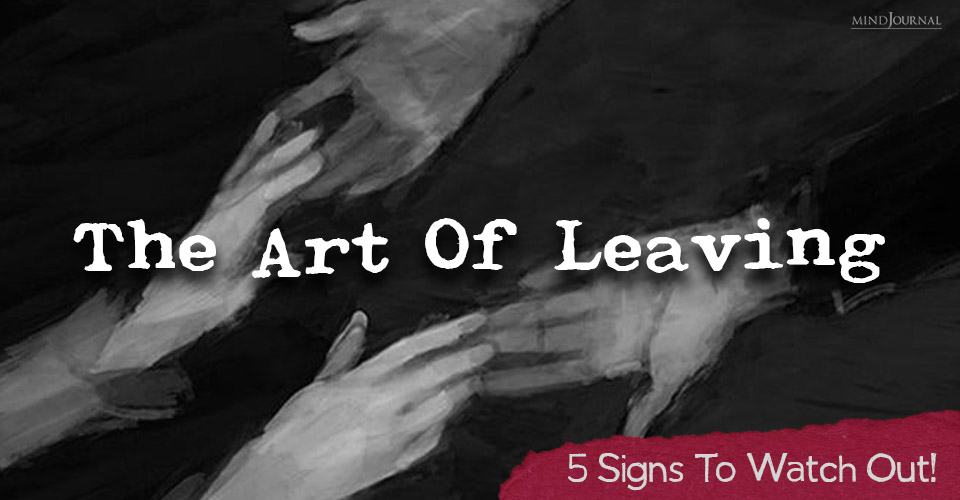
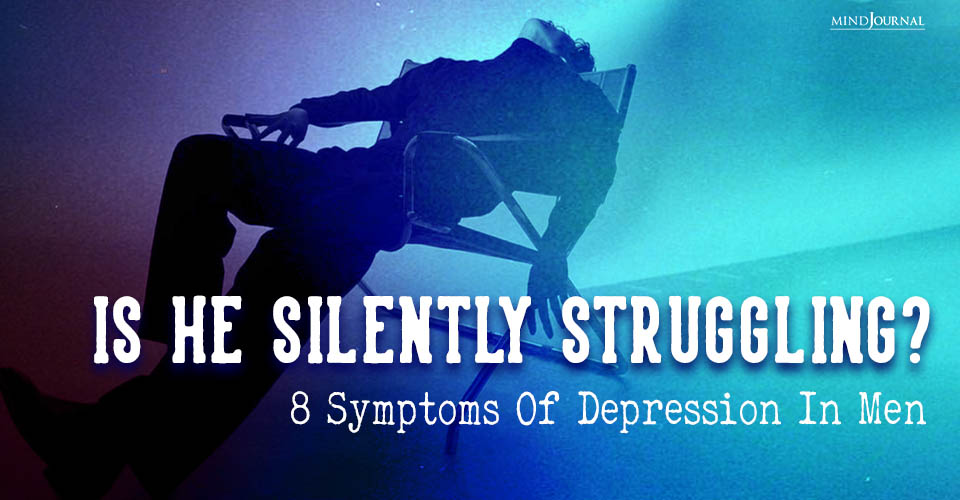


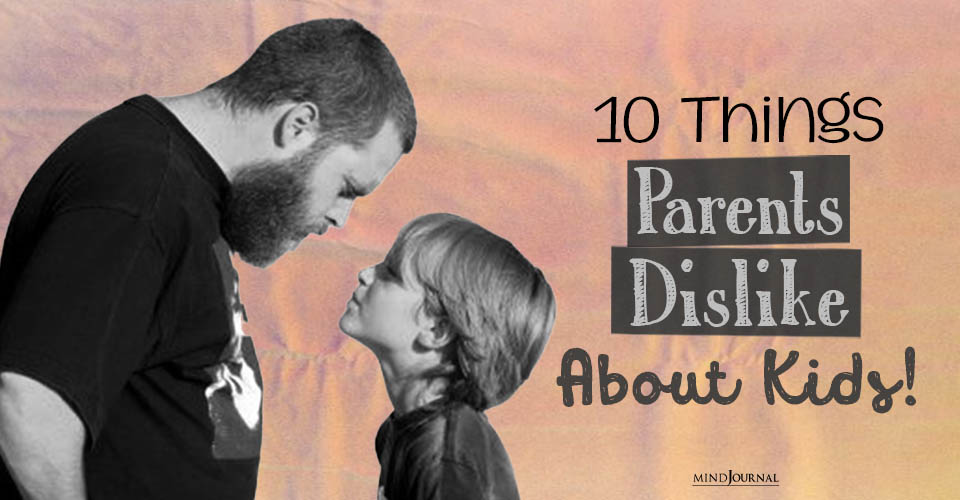
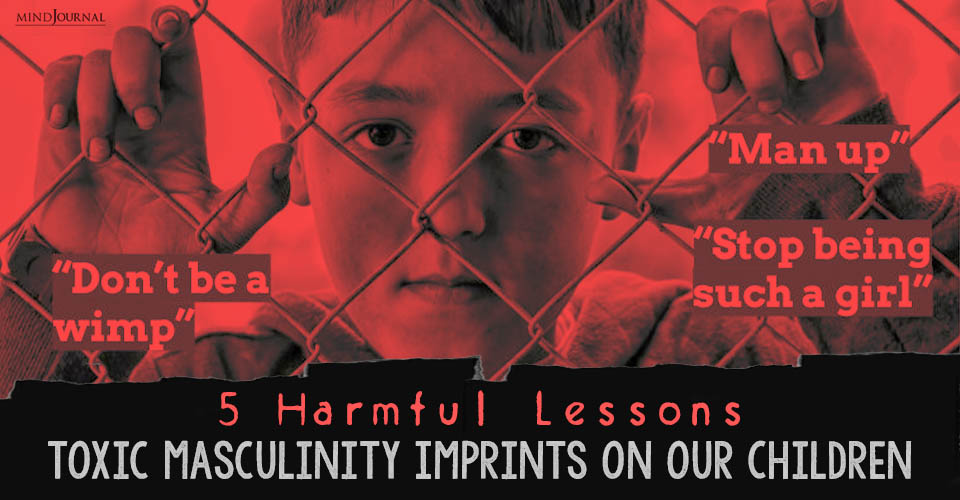


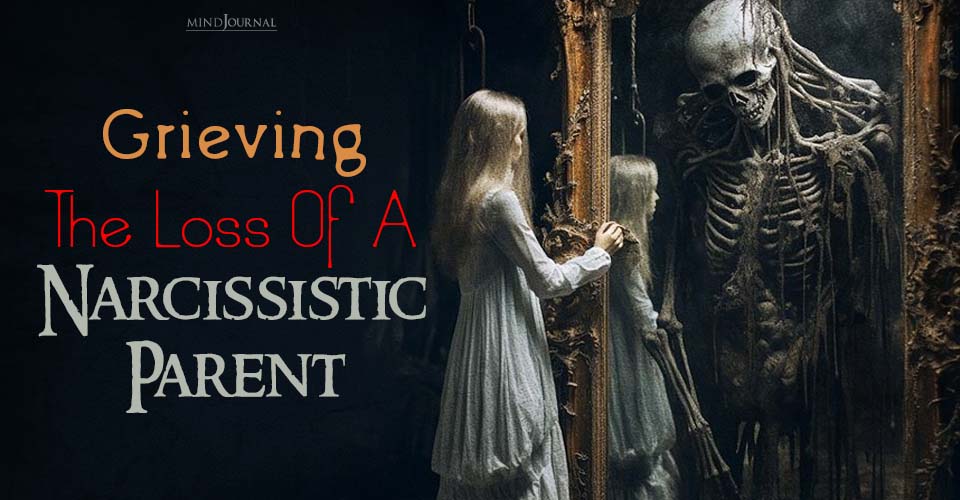
Leave a Reply
You must be logged in to post a comment.